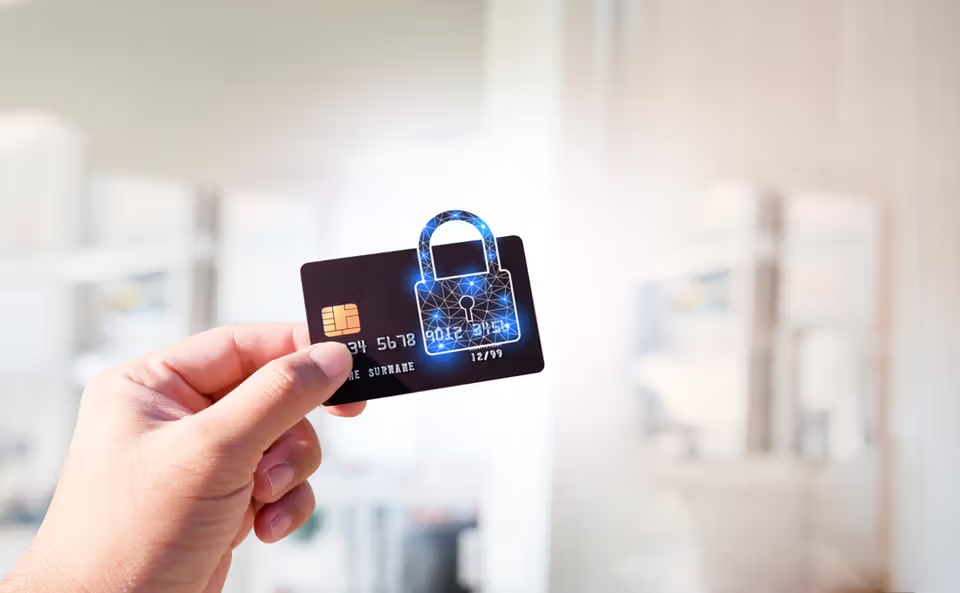
A secured credit card can be a powerful tool for individuals looking to rebuild their credit. Whether you’re recovering from past financial setbacks or establishing credit for the first time, secured credit cards offer a structured and accessible way to demonstrate responsible credit use. In this comprehensive guide, we will explore some of the best secured credit cards available in the market, providing insights into their features, benefits, and considerations. By understanding the options, you can make an informed choice that aligns with your credit rebuilding goals.
Understanding Secured Credit Cards
Secured credit cards function differently from traditional unsecured cards. With a secured card, the cardholder is required to make a security deposit, usually equal to the credit limit. This deposit serves as collateral and minimizes the risk for the card issuer. Secured credit cards are an excellent option for those with limited or damaged credit histories, allowing them to rebuild credit in a controlled and responsible manner.
Capital One Secured Mastercard
- Features:
- Minimum security deposit: $49, $99, or $200, based on creditworthiness
- Initial credit limit: $200
- Opportunity for a higher credit limit with responsible use
- No annual fee
- Automatic consideration for a higher credit line after five months of on-time payments
- Capital One’s CreditWise tool for credit monitoring
- Considerations:
- Interest rates may be relatively high, so paying the balance in full each month is advisable.
Discover it Secured
- Features:
- Minimum security deposit: $200
- Cashback rewards on purchases
- No annual fee
- Free FICO credit score monitoring
- Opportunity for an upgrade to an unsecured card after eight months of responsible use
- Cashback match for the first year, doubling the cashback earned
- Considerations:
- Limited acceptance in certain international locations
- No traditional sign-up bonus
Section 4: Secured Mastercard® from Citi
- Features:
- Minimum security deposit: $200
- No annual fee
- Access to Citi Entertainment, offering special access to events
- Automatic consideration for a credit limit increase after six months of responsible use
- Optional overdraft protection with a linked Citi savings account
- Considerations:
- No rewards program
OpenSky® Secured Visa® Credit Card
- Features:
- Minimum security deposit: $200
- No credit check required for approval
- Reports to all three major credit bureaus
- Flexible payment due dates
- Option for a refundable deposit
- Annual fee of $35
- Considerations:
- No rewards program
- Higher annual fee compared to some other secured cards
BankAmericard® Secured Credit Card
- Features:
- Minimum security deposit: $300
- No annual fee
- Access to Bank of America’s credit education resources
- Automatic consideration for a higher credit line after 12 months of responsible use
- Opportunity to transition to an unsecured card with good credit behavior
- Considerations:
- No rewards program
Wells Fargo Secured Credit Card
- Features:
- Minimum security deposit: $300
- No annual fee
- Opportunity for a credit limit increase with additional deposits
- Access to Wells Fargo’s My Money Map budgeting tool
- Opportunity to upgrade to an unsecured card with responsible use
- Considerations:
- No rewards program
Tips for Choosing and Using a Secured Credit Card
- Select a Card with Low Fees: While many secured credit cards have no annual fees, it’s essential to review the fee structure. Look for cards with minimal fees, especially if you are on a tight budget.
- Consider Rewards Programs: Some secured cards offer cashback rewards or other perks. While these may not be as lucrative as those on premium credit cards, they can still provide additional value.
- Monitor Your Credit Score: Choose a secured card that offers access to your credit score. Regularly monitoring your score allows you to track your progress and identify areas for improvement.
- Graduation to an Unsecured Card: Opt for a secured card that provides a pathway to graduate to an unsecured card with responsible use. This feature demonstrates a commitment to helping you rebuild your credit.
- Pay Your Balance in Full: To avoid interest charges, aim to pay your balance in full each month. This also reinforces positive credit behavior and demonstrates responsible credit use to potential creditors.
- Set Up Payment Reminders: Timely payments are crucial for rebuilding credit. Set up payment reminders or automatic payments to ensure that you never miss a due date.
- Be Mindful of Credit Utilization: Keep your credit utilization ratio low by using only a small percentage of your available credit. This ratio plays a significant role in your credit score.
Secured credit cards serve as invaluable tools for individuals on the journey to rebuild their credit. By understanding the features and considerations of some of the best-secured credit cards available—such as the Capital One Secured Mastercard, Discover it Secured, Secured Mastercard® from Citi, OpenSky® Secured Visa® Credit Card, BankAmericard® Secured Credit Card, and Wells Fargo Secured Credit Card—you can make an informed decision based on your unique financial situation.
Remember that the ultimate goal is to use a secured credit card as a stepping stone towards improved credit. Consistent, responsible use of a secured card can lead to increased creditworthiness, paving the way for access to unsecured credit cards with better terms and lower interest rates. With patience, diligence, and the right financial habits, you can leverage a secured credit card to rebuild your credit and work towards achieving your long-term financial goals.